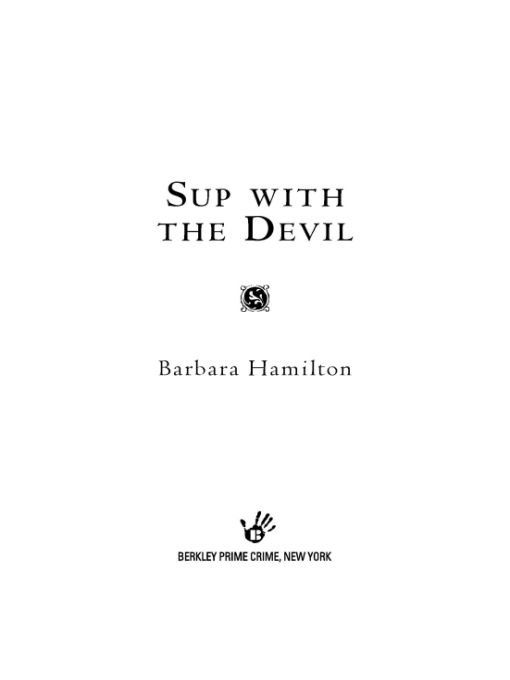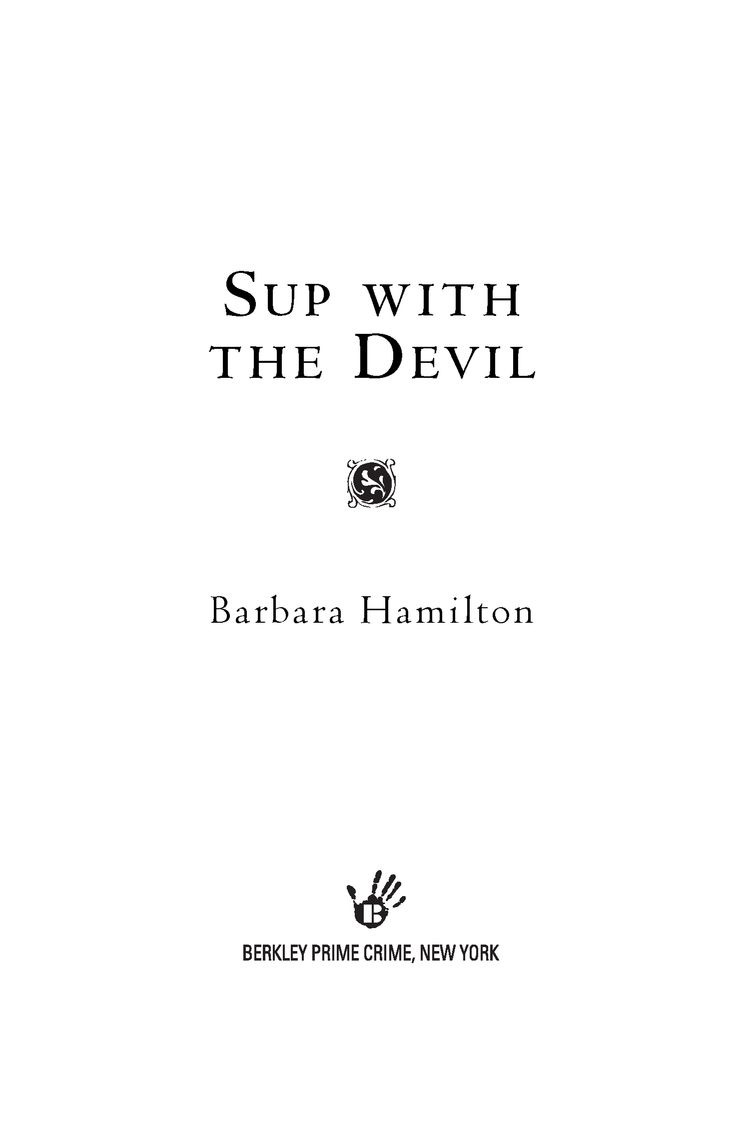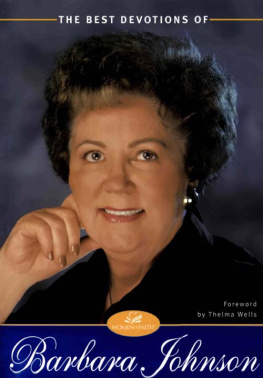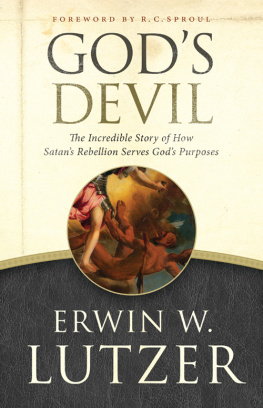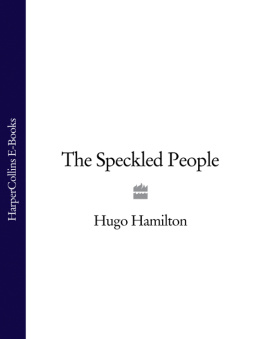Table of Contents
Praise for
A MARKED MAN
Intriguing... Rich in period detail... A successful novel appealing to those who enjoy Revolutionary War historical mystery.
Historical Novels Review
The story line is fast paced and the investigation super, but it is meeting the prime real persona and fictional characters representing the divided times in Boston in 1774 that makes A Marked Man a strong late-eighteenth-century thriller.
Midwest Book Review
Hamilton breathes vivid life into her historical characters... A satisfying read for mystery lovers and American history buffs alike.
Kirkus Reviews
Well crafted... Hamilton once again brings to life colonial Boston on the brink of revolution, vividly portraying such noted patriots as Sam Adams, leader of the Sons of Liberty; silversmith Paul Revere; and Dr. Joseph Warren.
Publishers Weekly
Praise for
THE NINTH DAUGHTER
An exciting new mystery series set in revolutionary Boston. Abigail Adams could become my favorite historical sleuth.
Sharon Kay Penman, author of Devils Brood
Barbara Hamilton plunges us into colonial Boston, where we walk beside the legendary Abigail Adams as she tries to find justice for a murdered young woman while also helping with the birthing pangs of a new nation.
Victoria Thompson, author of Murder on Sisters Row
[An] exceptional debut... While bringing to life such historical figures as Sam Adams and Paul Revere, Hamilton transports the reader to another time and place with close attention to matters like dress, menus, and the monumental task of doing laundry. Historical fans will eagerly look forward to the next in this promising series.
Publishers Weekly
Hamilton... has just the right touch to guide the intelligent Abigail through the dangerous shoals of being a patriot while seeing the good side of the colonies English rulers. There are no missteps here in what should prove to be a captivating series for all historical fans.
Library Journal
The wry repartee between Abigail and John, together with the fact that this clandestine investigation of the murder of loose women would never have made the official record, make Hamiltons debut believable and gripping.
Kirkus Reviews
A deep historical mystery. Based on true activities of that time, Ms. Hamilton weaves a tale that could have actually taken place... A finely written first in a new series story with a surprise ending. I am eager to see what comes next.
The Romance Readers Connection
A super Revolutionary Warera... amateur sleuth.
Midwest Book Review
The story line provides a deep look at Boston as rebellion is in the air. Fans will want to join the tea party hosted by Ms. Hamilton with guests being a whos who of colonial Massachusetts.
The Mystery Gazette
Berkley Prime Crime titles by Barbara Hamilton
THE NINTH DAUGHTER
A MARKED MAN
SUP WITH THE DEVIL
For Brandy & Joey
One
Horace Thaxter
Cambridge, Massachusetts
23 April 1774
Abigail Adams
Queen Street, Boston
Dear Aunt Abigail,
John (my cousin, not your esteemed husband) has told me upon many occasions of your extraordinary acuity in seeing through the riddles of criminal conduct, a veritable Alexander (if one may so term a member of your sex) cutting the nodum Gordium of both puzzling circumstance and the obstructio deliberi of evildoers.
Therefore, I write to you in a state of mental perturbation regarding events that befell me this week, which I am at a loss to interpret.
The events were made the more troubling because I was introduced to them by a letter from Mr. Adams (your esteemed husband, not his notorious cousin), which induced me to believe myself safe in entering a situation at best equivocal, and at worst giving rise to fears that I might have beenand may still bein danger of my life.
Might I beg the pleasure of calling upon you on the 30th, when Mr. Adams will be returned from the circuit courts and propriety will permit you to receive a male caller? This is a matter that troubles andthough others have said it is the merest exiguumfrightens me. I look forward to the favor of your reply.
Your obt hbl svt,
Horace Thaxter
Propriety indeed. Abigail Adams, perched on the back of Uzziah Begbies delivery wagon as it jolted its way along the extremely narrow streets of Bostons North End, reread her nephews letter with mixed amusement and exasperation. Youd think the boy was forty instead of barely seventeen.
Youd think I was a sixteen-year-old village maid instead of a woman of twenty-nine with a husbandoff at the Maine Assizes or notand four children.
And youd think we were in London instead of Massachusetts, where women have been going about their business in perfect freedom and safety since the Indians left. Does he think the neighbors are going to suspect him of an assault on my virtue?
Or suspect me of an assault on his?
On second thought, reflected Abigail, tucking the letter back into her smallest marketing basket, considering some of my neighbors...
In addition to Horaces letter, which had arrived late yesterday afternoon, the basket was stocked with apples, carrots, corn-bread (wheaten flour of any kind gave Horace migraines), a small crock of honey, and ten hard-boiled eggs, and rested beside her on the narrow bench that served as a wagon-seat. On her other side, the carter Uzziah Begbie clucked to his horse as the wagon made its careful way among the carts and barrows that cluttered the cobblestones of Princes Street. To their right loomed the piled-up rooflines of Copps Hill, a maze of steep alleyways and small yards; to their left, through a break in the roof-lines, Abigail could glimpse the placid green water of the Mill Pond. Wind from the river flicked her face, caught a strand of her black hair that had escaped her neat white cap. She smoothed it primly into its place again. Were she on the farm in Braintree, she reflectedthe land that her esteemed husband (as Horace Thaxter described him) and his family had farmed for three generationsshe would have pulled her cap off altogether, run to the top of Prospect Hill to let the wind of the bay have its way with her hair... would have revelled in the sweetness of May after so harsh and unsettling a winter.
But this was Boston, and people did talk.
Indeed, as they rounded the last of the brick and timber houses and came to Gees Shipyard on the rocky nose of North Boston, people were doing nothing but talking. The boundaries of the street itself dissolved into a roughly defined apron of gravel and mud around the end of the hill, beyond which lay the hard blackish sapphire waters of the bay. Sailors, roustabouts, stevedores, and the lady who sold hot pies stood in knots among the piled timber and coiled cables, gesturing out toward the British warship that patrolled the bay and half shouting over the clattering symphony of shipyard hammers.

